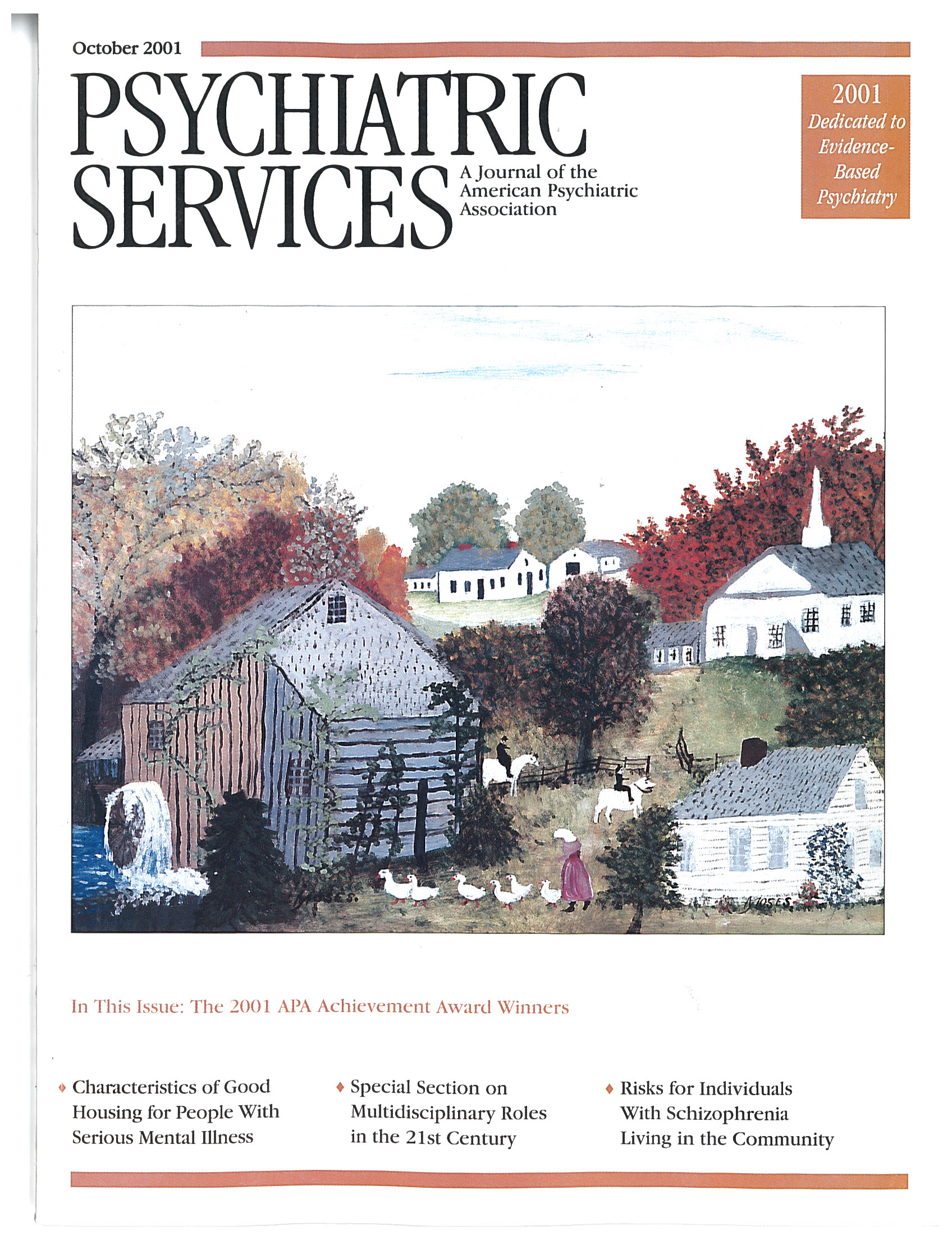Requirements for Multidisciplinary Teamwork in Psychiatric Rehabilitation
Abstract
Psychiatric rehabilitation by its very nature is multidisciplinary because of the many competencies required for its implementation. In promoting optimal levels of recovery from schizophrenia and other disabling mental disorders, teams must combine the expert contributions of professionals and paraprofessionals who can individualize a comprehensive array of evidence-based services with competency, consistency, continuity, coordination, collaboration, and fidelity. The authors describe the properties and functions of the multidisciplinary team and key attributes of effective teams. The importance of teams' involving clients, their relatives, and other supporters in setting personally relevant life goals is emphasized. The authors provide examples of the challenges posed by the need to individualize services and of the ways in which barriers to communication and coordination can be overcome. The roles of the various team members are described, including leadership roles and the unique role of the psychiatrist, in the context of newly emerging, evidence-based treatments for psychiatric rehabilitation.



